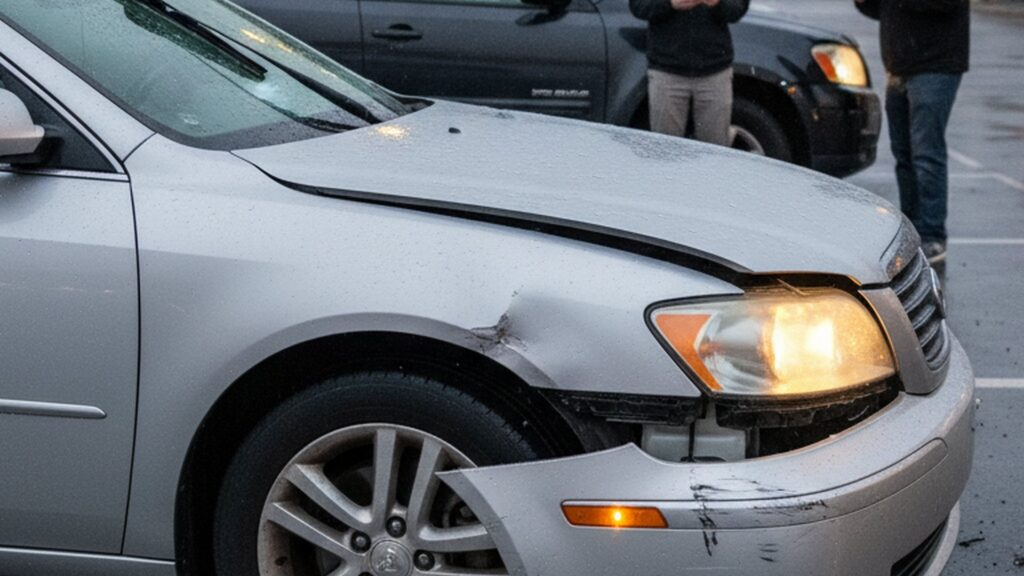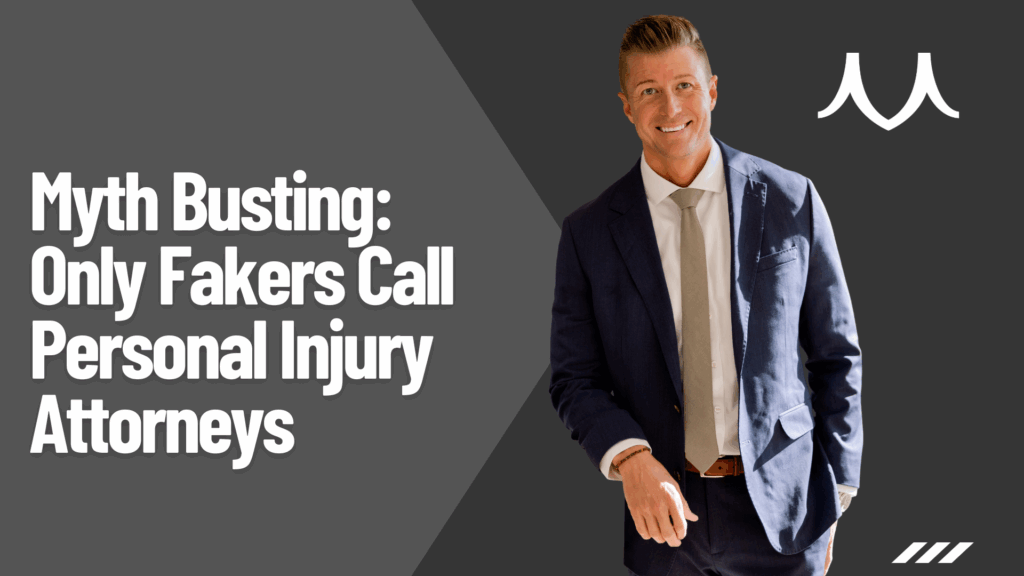
Most states have laws in place that require employers to carry workers compensation insurance to ensure that damages are covered in the event of a work-related injury.
In Utah, the State Statute outlines formulas that tell us exactly what amount of money the injured worker is entitled to recover. As long as the right numbers are put into the equation, the right numbers will come out. However, there may be a disagreement as to whether or not a particular claimant qualifies for a given type of claim at all. If you have questions about whether or not you are being offered a fair amount for any claim after being injured at work, contact a work injury attorney right away.
5 Types of Workers’ Compensation Damages

- Medical Expenses – these are the most obvious damages an injured worker is entitled to, so long as a Doctor states that the injury is work related, and injured worker is entitled to recover the full amount of any medical bills incurred. The injured worker is not even responsible for co-pays. Bills must be submitted within a year in order to have a valid claim to be compensated for them.
- Temporary Total Disability (TTD) – An injured worker is entitled to collect temporary total disability when a doctor’s written record states that because of the injuries, the worker is unable to perform the duties necessary at that particular place of employment. If that is the case, the injured worker should receive 2/3 of their average weekly wage at the time of the injury. This amount has both a floor and a ceiling. It can’t be more than the state average weekly wage (just under $800.00), and it can’t be less than $45 per week + $5 per week for each dependent in the injured person’s household. Those hurt on the job are entitled to receive this benefit until they have recovered enough to return to work, or for 12 years, whichever is less.
- Temporary Partial Disability (TPD) – This is for injured workers who have returned to work, but are still missing some time. This benefit is calculated in the same way as TTD. The difference is that this amount only considers the difference in average weekly wage from before and after the accident. For example, if an employee was working 40 hours before the injury, but now their doctor says they can only work 20 hours per week during their first month back, the amount that the injured worker would be entitled to is 2/3 of the difference between what the employee was making before and after the injury. The same roof and ceilings apply as well.
- Permanent Partial Disability (PPD) – This compensation is for people who are left with some form of permanent impairment from the injury, but who are still able to work and hold down a job. Once maximum medical improvement has been reached, a doctor will do a wide variety of tests and will assign an impairment rating using AMA Guidelines. This number will be a percentage out of 100 which the patient is impaired. A large impairment, such as losing a hand, would be about a 50% impairment, a small impairment, such as an injured pinky finger, would be about a 1% impairment. The amount of compensation takes that percentage and multiplies it by 312 (the maximum number of weeks). This gives a number of weeks, losing a hand would be around 160. Then, that number of weeks is multiplied by the same number the other equations used. Two-thirds of the employee’s average weekly wage at the time of the injury. If a worker was earning well over the average weekly wage, the ceiling changes to only two-thirds of the state average weekly wage. Therefore, losing a hand would be worth around $80,000.00 (160 X 500.00).
- Permanent Total Disability (PTD) – These damages are only available to injured workers who are hurt so badly that they are unable to return to any job reasonably available to them. This includes jobs they have held in the past, and other positions that they are qualified to hold. If a case qualifies as a perm total, based on the doctor’s written evaluations, the damages are substantial. They would be entitled to 2/3 of their average weekly wage at the time of the injury or 85% of the average weekly wage, whichever is less, for the entire first 312 weeks. After those 12 years, they are entitled to 36% of their average weekly wage for the rest of their entire lives. These damages can be shut off at any point if the victim recovers and is able to return to work, or if the employer pays to have the victim trained and qualified for a new vocation. Sometimes a full and final settlement of all potential future damages is the wisest decision.
What to Do When Worker’s Compensation is Not an Option

There will sometimes be cases workers compensation will either not be an option, or it may not be enough. Whether you don’t qualify, or you’re facing rising bill with insufficient compensation – there are still options for you.
Lawsuit
It should be noted that if you choose to accept worker’s compensation, you no longer have the right to file a lawsuit against your employer. In most cases opting for workers compensation is the best route, however there are cases of catastrophic injury where the payout of a lawsuit would be far greater than what your worker’s compensation benefits will pay.
There are some instances where you can receive both compensation and file a lawsuit. Typically this is an option for someone who has suffered a work-related injury as a result of gross negligence or egregious conduct.
Additionally, you have the option to pursue a lawsuit against your employer if they do not have the correct amount of compensation coverage that is required by law.
Third-Party Liability Claims
Third party liability claims are for when your workplace injury was a direct result of someone who is not employed by your company. An example of this would be a pizza delivery driver getting into a car accident, where he is not at-fault, while making a delivery.
In these instances you can file a lawsuit against the third-party member with the help of a legal consultant in addition to or as an alternative to workers compensation.
The basic summary contained in this article is not enough to properly represent yourself against an insurance carrier. For more information, call 435-673-9990 to speak to a work injury lawyer in Southern Utah.
Related content: Is My Work Injury Covered?



